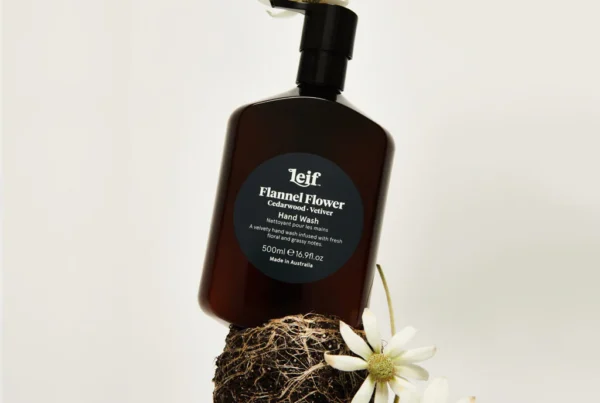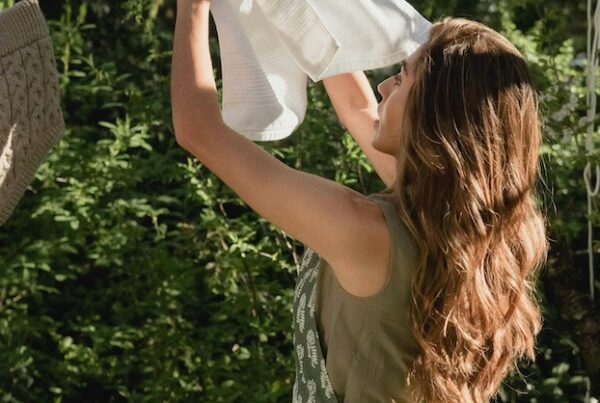The island of Borneo, divided among Malaysia, Brunei, and Indonesia, is home to one of the world’s oldest rainforests. While there are vast differences in how each country manages its agriculture, Borneo is credited for producing much of the world’s palm oil. This vegetable oil is considered vital for global food security. Here in the U.S., palm oil is widely used in everything from snack foods and chocolate to cosmetics.
There is an anti-palm oil movement
Palm oil production is also blamed for Borneo’s disappearing rainforest, destroying wildlife habitats including those of the orangutan, which has become the face of a global anti-palm oil movement.
Over the past 50 years, things have gone from bad to worse. Efforts to preserve the area’s wildlife need to be ramped up.
Balancing nature and needs
I am a wildlife conservationist as well as a veterinarian. My first job out of vet school involved rescuing orangutans. Now as manager of Sabah’s Wildlife Rescue Unit and leader of the Sabah Wildlife Department’s new endangered species conservation unit, I am boots-on-the-ground in Borneo. I see the sad realities.
Forest destruction is a rallying cry for the anti-palm movement. Palm oil is called a golden crop. Its production is a valuable source of income, which has contributed to this worldwide ecological concern.
But more recently, I see glimmers of hope that may cause people to have a different perspective on the palm oil controversy.
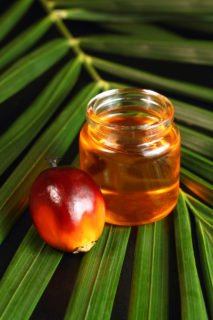 Can Palm Oil and sustainability go hand in hand?
Can Palm Oil and sustainability go hand in hand?
The situation is shifting toward peaceful coexistence. The forest is one of Mother Earth’s greatest gifts to humans. Palm oil can be produced more efficiently than other vegetable oils such as soy or rapeseed (canola). It can also be produced responsibly. By national law here in Malaysia, for example, all palm oil must be produced sustainably. There is also a strict ban on forest burning and other initiatives to change palm oil production’s impact on our planet.
Preserving wildlife
One of the government’s initiatives is to limit the development of new oil palm plantations to a maximum of 6.5 million hectares. Currently, we are at 5.9 million hectares and improving the production of our existing plantations. This is being done by introducing better planting materials that can produce more oil. By improving the oil extraction process to increase output, the industry does not require more land.
Another program involves creating wildlife reserve areas along riverbanks. By not planting against the rivers, orangutans, elephants, and probosci’s monkeys can now use the river’s edge for their habitat.
Orangutans in protected natural habitats
In the Malaysian parts of Borneo, the states of Sabah and Sarawak, there is a stable population of orangutans numbering between 11,000 and 13,000. Malaysian wildlife and forestry authorities have taken the necessary measures, so now this wild population lives mostly in a protected natural habitat to thrive.
This strong governmental support of national wildlife conservation programs is having a positive influence on the country’s palm oil farmers.
Farmers are coexisting with wildlife
Ten years ago, farmers wanted to keep wildlife out of their plantations. I see a big change in that mentality. More farmers now feel comfortable about coexisting with wildlife. They realize they share the forests with elephants and orangutans. Farmers are allowing them to roam freely across their land. They are coming to understand that if we treat our wildlife with respect, the damage they may cause to the crop is quite negligible.
Palm oil plantations can be a natural habitat for orangutans
I am also very encouraged to see that orangutans are beginning to use Malaysia’s palm oil plantations as their habitat. It’s yet another sign that the country is managing the delicate balance between caring for its wildlife and its economy.
Is the war on palm oil still justified?
If palm oil were to be banned, it would need to be replaced by less land-efficient crops (but there is none). And the sustainability efforts undertaken in Malaysia have shown, palm oil production can be accomplished while protecting wildlife and forests.
The bottom line
But there is still much work to be done. Many people still don’t realize that palm oil is the most sustainable choice. For sustainable palm oil production to expand globally, there must be the demand by the public. Be vocal about asking companies to source their palm oil from producers who are protecting the rainforests.
And buy from companies that have already made that important commitment, such as Coca-Cola, Nestle, and Unilever.
While you may never see an orangutan in the wild, your food and personal care product purchases can help ensure these wonderful creatures have safe homes for generations to come.
Publications
Muehlenbein, LA. Martinez, AA. Lemke, L. Ambu, S. Nathan, S Alsisto, P Andau, and R. Sakong. (2008) Perceived Vaccination Status in Ecotourists and Risks of Anthropozoonoses. EcoHealth 5: 371–‐378.
Muehlenbein, LA. Martinez, AA. Lemke, L. Ambu, S. Nathan, S Alsisto R. Sakong. (2010) Unhealthy travelers present challenges to sustainable primate ecotourism Travel Medicine And Infectious Disease 8:169–‐175
JCM. Sha, H. Bernard, S. Nathan (2008) Status and Conservation of Proboscis Monkeys in Sabah, East Malaysia. Primate Conservation 23: 107–‐120


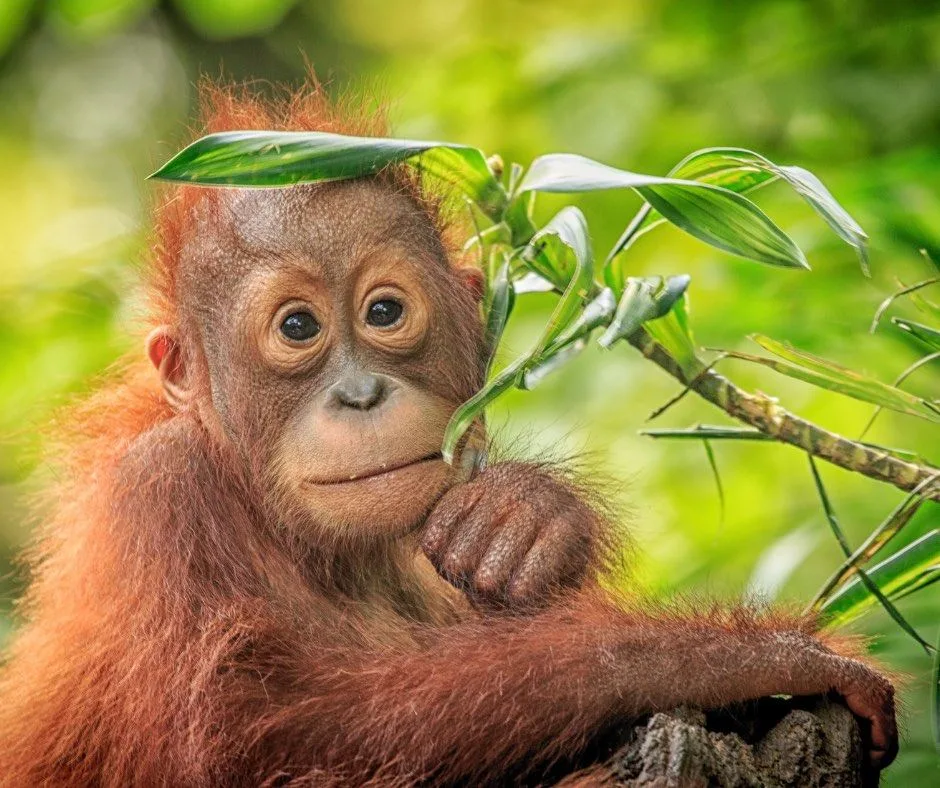
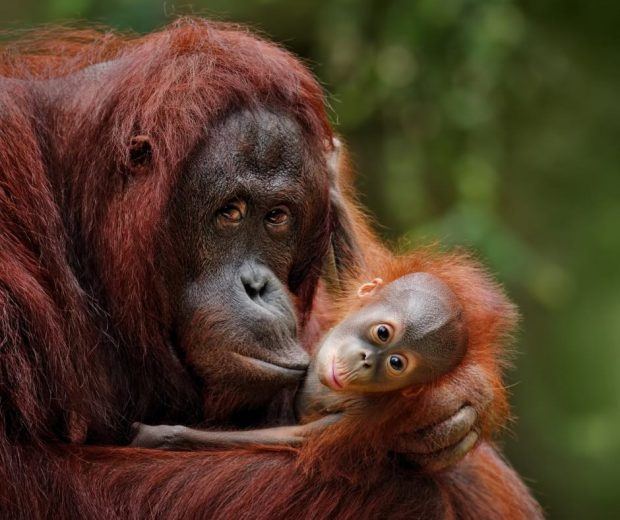


![women [longevity live]](https://longevitylive.com/wp-content/uploads/2020/01/photo-of-women-walking-down-the-street-1116984-100x100.jpg)






